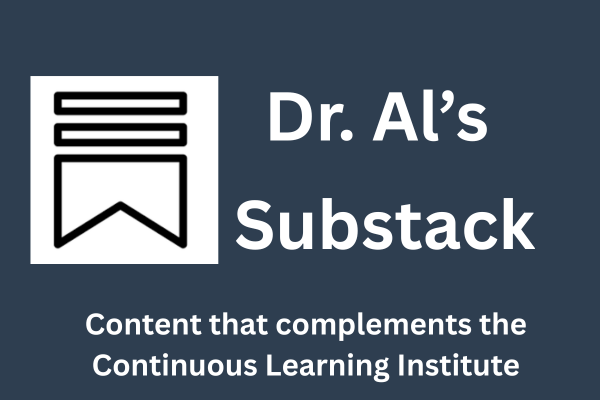Zanshin: In Between Zoom Meetings

Zanshin is a Japanese concept I learned from my mentor at a young age, but I didn’t fully understand and appreciate until much later. Zanshin, a relaxed state of awareness, could be a key part of our current Zoom grind to help us be more relaxed and focused.
Zanshin adds meaning to ordinary moments. Take, for example, eating. When we eat, do we eat? In other words, are we fully engaged in this moment or are we distracted by our cell phones or preparing for the next Zoom? When we walk, are we fully engaged or are we distracted by passing cars (or our cell phones again). Over the years, I’ve developed a habit of constantly checking my phone. Similar to Pavlov’s Dog, I became conditioned to respond to email/text pings. It took me a while, but I’ve had to admit to myself that I’ve been addicted to a superficial satisfaction (checking messages immediately has been the “treat” in and of itself) at the expense of appreciating the moment, no matter how ordinary the activity. Appreciating the moment has become critical to my life during COVID and the fatigue-producing back-to-back Zoom meetings.
I try to focus on being in-the-moment with ordinary activities. As a result, I’ve experienced more daily moments of tranquility, focus, and relaxation, which has helped to recharged my batteries and contribute to greater productivity throughout my day. The best way I can explain it is by reminding you of that saying, “Stop to smell the flowers.” Zanshin is similar to that, but significantly more intense in its commitment to focusing on the activity you’re performing at the moment.
As I reflected on the power of Zanshin to help take me to a “happy place” in terms of a specific activity, it led me to think how it could potentially lead to a “happy place” in terms of life. I learned that the Japanese have a different word for that “happy place in life” — Ikigai.
Ikigai means “a reason for being.” As depicted in the graphic below, Ikigai resides at the intersection of what we love, what we’re good at, what we can be paid for, and what the world needs.

As many people are currently experiencing (among other things), I've struggled for a few days with "what I'm good at." Although I've been working virtual for eleven years straight, much of my work meant visiting colleges to facilitate conversations, provide just-in-time trainings, coaching, etc. That in-person interaction went away with COVID. Adjusting our purpose is important to our happiness. I've learned to conduct effective facilitations and trainings virtually. It's not an ideal situation, but it gives me purpose, and I know it helps colleges. It was during a Zanshin moment that helped to me think of how to repurpose myself to serve institutions.
Finding Ikigai can be a challenge, and unfortunately, through external forces and/or internal demons, many of us may never find it. (One could argue that the journey to find Ikagai is, in effect, the meaning of life, but I digress.) Nonetheless, there is one thing we can strive to achieve every single day, Zanshin. Perhaps if we are more intentional about creating a relaxed state of awareness while performing ordinary activities it can help us relieve stress and be more productive during this pandemic.
So, in between Zoom meetings, next time you eat, eat. Next time you walk, walk. See if working on your Zanshin has a positive impact on your life.
Stay safe. Stay strong. Stay kind.
***
Also visit: Mentoring Lessons & Continuous Improvement | What is Success?






